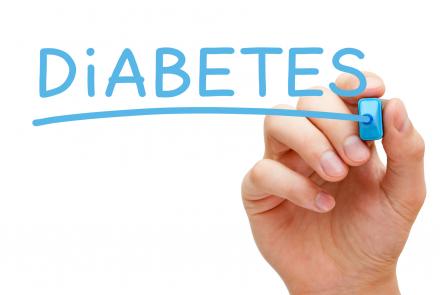
Planning a pregnancy? Obstetrician and gynaecologist Dr Chandan Dubey tells you what you need to do before you conceive.
A woman’s good health prior to and during pregnancy is vital for optimal outcomes for her and the baby. You should consult a general physician or gynaecologist for preconception care and counselling. In the meantime, here’s what you should be aware of:
Lose weight (if you are overweight):
Obesity is a serious problem in pregnancy. It increases the risk of many adverse outcomes like miscarriage, hypertension, cesarean section, gestational diabetes and thromboembolism in pregnancy and may even decrease the chance of conception.
Women who are overweight (BMI 24.9 to 29.9) or obese (BMI>/=30) would have healthier pregnancies if they made diet modifications with the help of a dietitian and took up some exercise to reduce weight before pregnancy.
Mild to moderate exercise, other than high-impact sports, can be continued through pregnancy.
A well balanced diet with at least 5 portions of fruits and vegetables and milk and dairy products should be taken so there are no deficiencies of any nutrients, vitamins or minerals.
Take folic acid
Folic acid is an essential vitamin that all women planning a pregnancy should start taking at least one month before pregnancy and continue for the first 3 months of pregnancy, in a daily dose of 400mcgs. Folic acid is recommended for preventing neural tube defects (NTD) in the baby. Women with a previous history of a baby with NTD, diabetes mellitus, on anti-epileptic drugs need to be supplemented with higher dose of 5mg folic acid daily. Fetal organs develop mainly between 3rd pregnancy. This means that baby’s organs start developing even before a woman’s pregnancy is diagnosed when she misses her period. Hence the need for starting folic acid one month pre-conceptionally.
Stop smoking
Smoking is known to cause serious harm in pregnancy, like miscarriage, growth restriction in fetus and premature delivery. Women who smoke need to quit or enrol in smoking cessation programmes before trying to conceive.
Stop drinking alcohol
There are no safe limits for alcohol in pregnancy so women are advised to stop alcohol in pregnancy. Alcohol intake in pregnancy can cause facial anomalies, growth restriction, intellectual impairment and behavioural problems in the baby. Alcohol should be stopped at least a month prior to conception.
Have a cervical smear
If you haven’t had one done in the last 3 years, you should do one prior to pregnancy. Interpretation of smears taken in pregnancy is difficult and so is the treatment of any problems detected on the smear.
Check your vaccination status
Infections like rubella or chicken pox in pregnancy can cause serious harm to the fetus in the form of structural defects. Check if you have been vaccinated against rubella, chicken pox, measles, mumps, diphtheria, pertussis, tetanus and hepatitis B and bring it up to date with advice from a physician or gynaecologist.
Bring chronic illnesses under control
Chronic medical illnesses may have harmful effects on pregnancy, or pregnancy may worsen some diseases. Steps should be taken to optimise disease control prior to pregnancy in consultation with the concerned specialist and obstetrician.
For instance, women with diabetes need to have excellent blood sugar control prior to conception to reduce the risk of fetal malformations, abortions, still births. Combined care of diabetic specialist, obstetrician and dietitian is needed pre-conception. Any nephropathy, retinopathy, neuropathy in long-standing diabetes need to be managed pre-pregnancy.
Women on anti-hypertensives, anti-epileptics or anti-coagulants need to be switched to medications that are safe for the baby and without the risk of causing birth defects or developmental abnormalities in the baby. These drugs are called teratogens and need to be changed prior to conception as the organs develop in the fetus in the first few weeks (3rd to 8th week) of pregnancy.
Women with congenital or acquired heart disease need pre-pregnancy counselling and care regarding safety of pregnancy, risks involved and care plan in specialised centres where both cardiac disease and pregnancy can be optimally managed.
Have genetic counselling (if necessary)
Couples with a history of genetic or chromosomal disorders in their families like hemoglobinopathies, cystic fibrosis etc need pre-pregnancy counselling by a geneticist regarding their risks and options like pre-implantation genetic diagnosis or prenatal genetic testing. Pre-implantation genetic diagnosis involves in vitro fertilisation and biopsy of embryo or genetic diagnosis of embryo before it is transferred to the mother’s womb. This is done only in special cases where there is history of genetic diseases in either parent or their families. Only healthy embryos are transferred to the womb.
Pre-natal genetic testing involves diagnosing genetic diseases in the fetus by taking cells from the water around the baby (amniocentesis) or tissue from placenta (chorionic villus sampling) with a needle under ultrasound guidance.
















